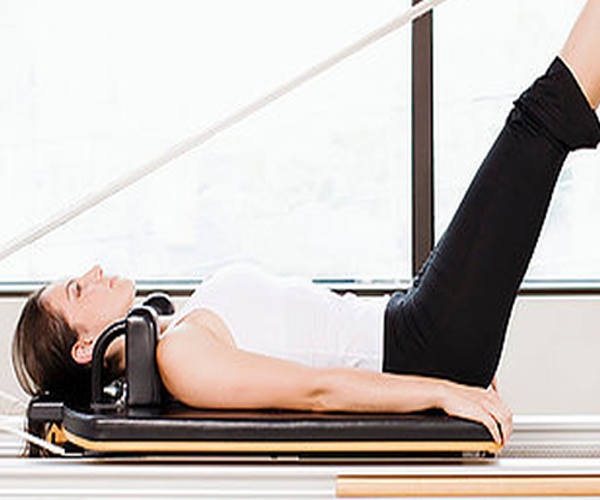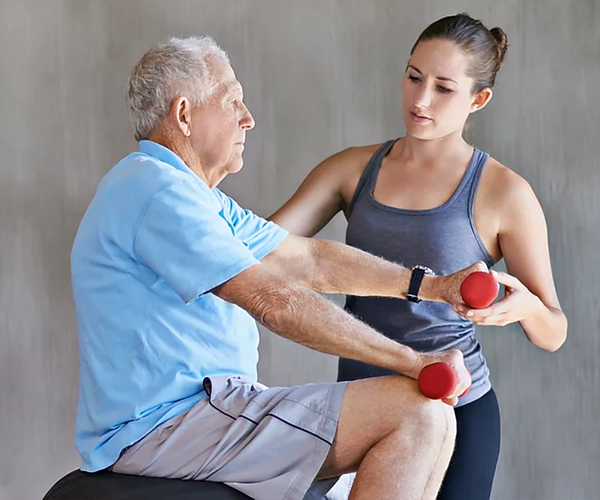Rheumatoid arthritis
Rheumatoid arthritis (RA) is an autoimmune disease. An autoimmune disease means our body starts to attack itself and in this case it attacks the cells which line the joints. RA is typical in that people can experience ‘flare ups’ so times when pain, swelling and dysfunction are worse. These flare ups can make you feel tired and unwell and In some cases lungs, heart and eyes can be affected.
RA commonly affects the smaller joints of the body firstly; so the knuckles of the fingers, toes and wrists. The joints can become very swollen, red, hot and painful! Women are more affected than men of an age range of 40 to 70 years of age.
It differs from osteoarthritis in the fact that it’s an inflammatory condition and the former is more of a ‘wear and tear’ disease. However, over time osteoarthritis can develop as the joints become worn due to the flare ups.
RA can be difficult to diagnosis as there’s no single test for it. If you suspect that you have RA, make an appointment with your GP. They will carry out an assessment and if suspected, refer you onto a rheumatologist, who will conduct a variety of blood tests and a comprehensive assessment.
If you suspect you have this condition there is lots of help out there. You will be given support and advice how to best manage this condition.
One of our physiotherapists can come to your home or work and carry out a full assessment. They look at how you are generally moving, walking and will test the strength of your muscles and flexibility.
- We can advise on exercises and stretches
- How to manage your pain; using cooling packs and tens machines.
- Treatment such as acupuncture, massage and taping
- Advice on supports
- How to pace yourself so not to aggravate your pain.
- General exercise advice, such as walking and swimming.
If you suspect you have RA speak to your GP or physiotherapist. For further information on RA
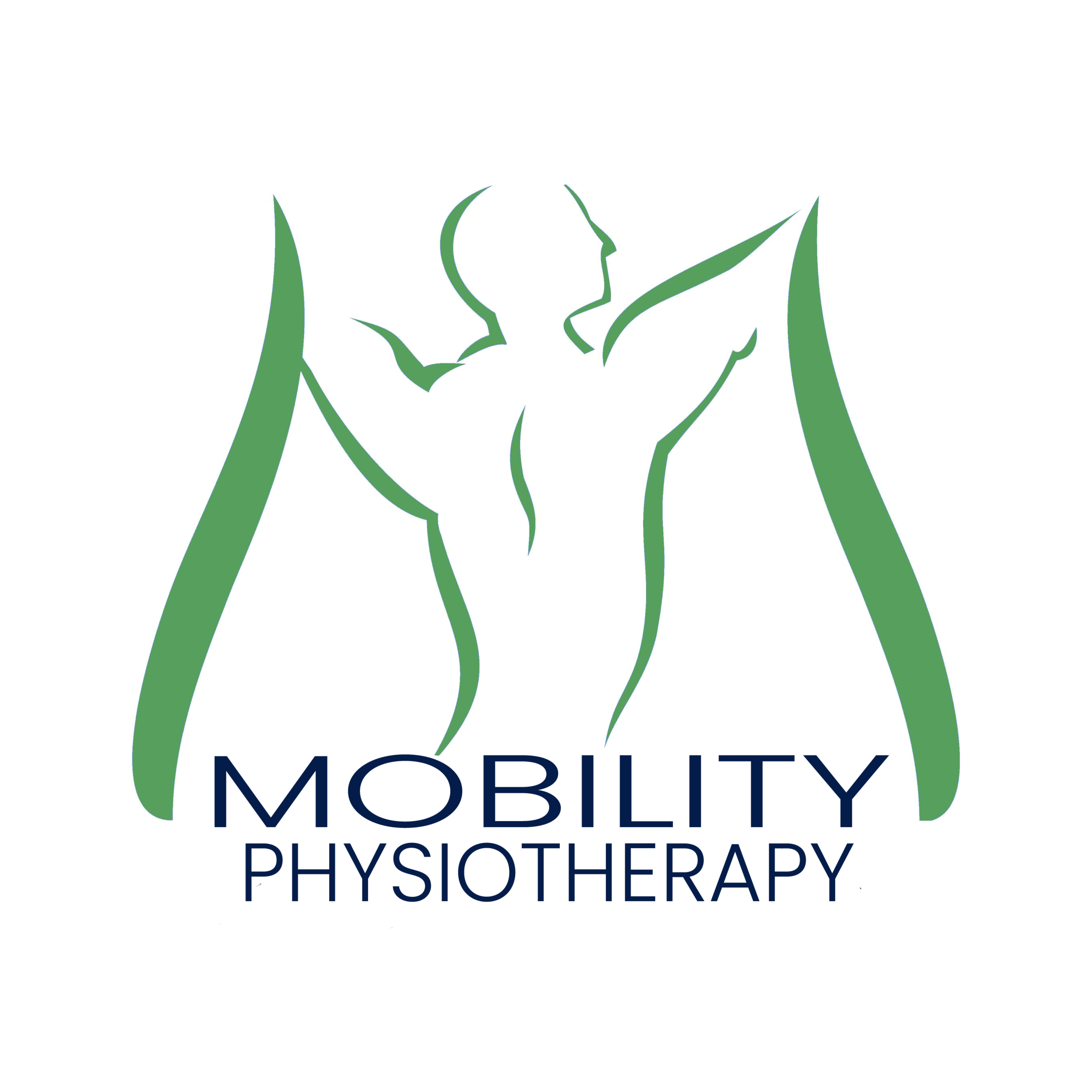
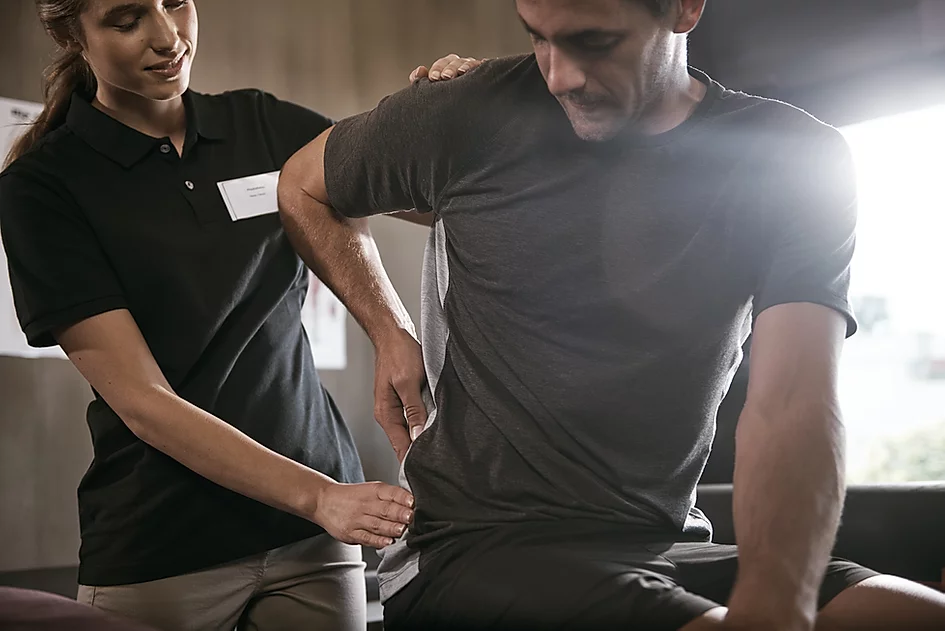
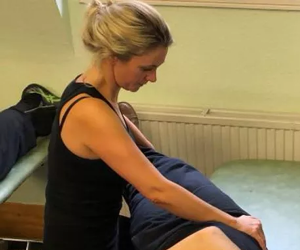
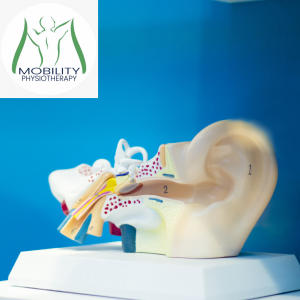

 This page contains the current position that Mobility Physiotherapy Limited is taking based on the latest government and our professional body guidance to ensure the health and safety of our patients.
This page contains the current position that Mobility Physiotherapy Limited is taking based on the latest government and our professional body guidance to ensure the health and safety of our patients.